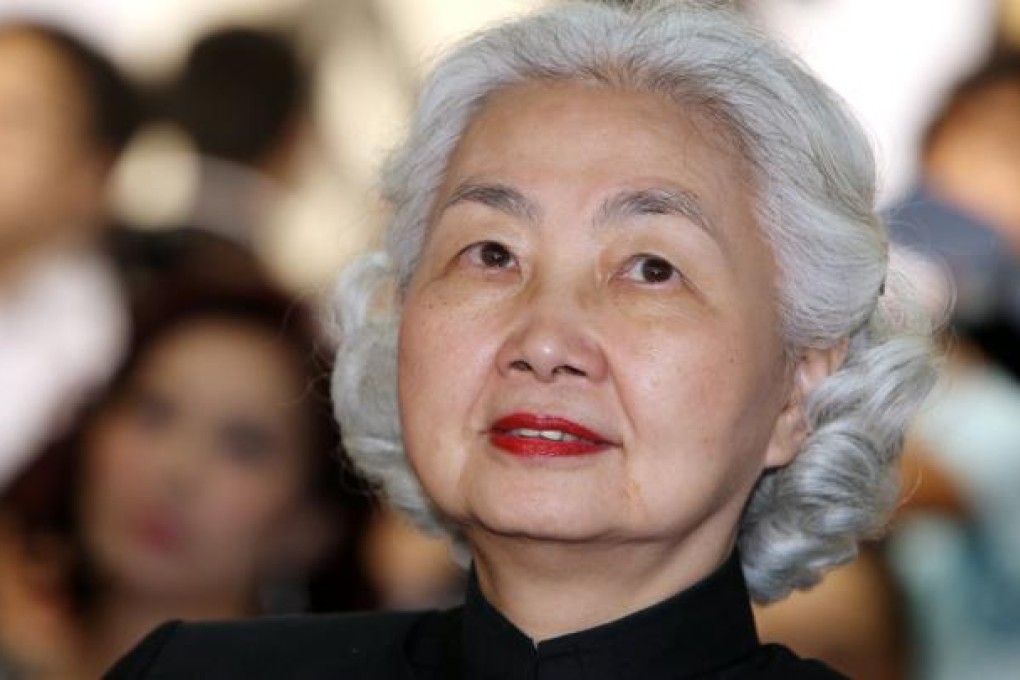What future for Hong Kong if the majority are silenced?
Lau Nai-keung says a lynch-mob mentality is gagging true free speech

Recently many of my friends have told me they are deeply worried about our kids. If they are taught to hate their country, thinking that they are not Chinese, waving the British flag, and even openly taking an anti-China stance on international issues, what is going to happen to them in a few years when they will have to face up to reality?
What will happen to Hong Kong when it has alienated itself from 1.3 billion people up north? How long will this anti-China brainwashing last? What will be the damage?
Like the Cultural Revolution, which we all hate, the crimson phobia sweeping across our education system is pitting students against their parents and even against their own schools. It has filled our media and monopolised our attention. It seems no one has been spared. Verbal violence that would be banned as hate speech in many countries - including the champion of free speech, the US - has become the norm here.
Anyone who dares to express an opinion that deviates from this anti-China, anti-government "intrinsic truth" will see their views silenced or twisted. Those very few whose views our dissidents cannot completely banish become targets of a lynch-mob mentality.
Elsie Leung Oi-sie, the former secretary for justice and current vice-chairperson of the Basic Law Committee, came under scathing attack by Martin Lee Chu-ming and others - the chorus was later joined even by the Law Society and the Bar Association - after Leung spoke at an event on October 6.
According to the Bar Association, she made references to the Ng Ka-ling judgment of the Court of Final Appeal in 1999 and said that the legal profession in Hong Kong, including judges, had a poor understanding of Hong Kong's relationship with the central government.
She was also reported to have said that if the judges had the correct and necessary understanding, mistakes would not have been made. According to news reports, Leung also said that in relation to the issue of mainland women giving birth in Hong Kong, her preferred solution was for the chief executive to seek an interpretation of the Basic Law by the Standing Committee of the National People's Congress.